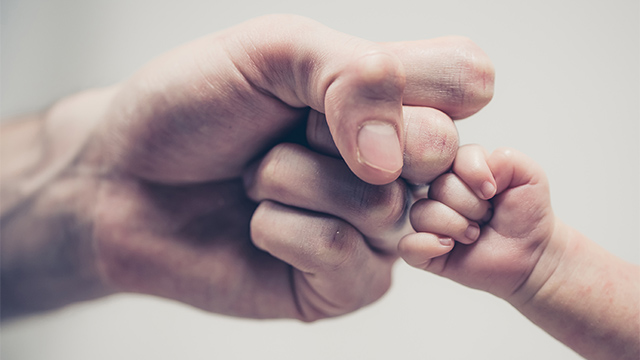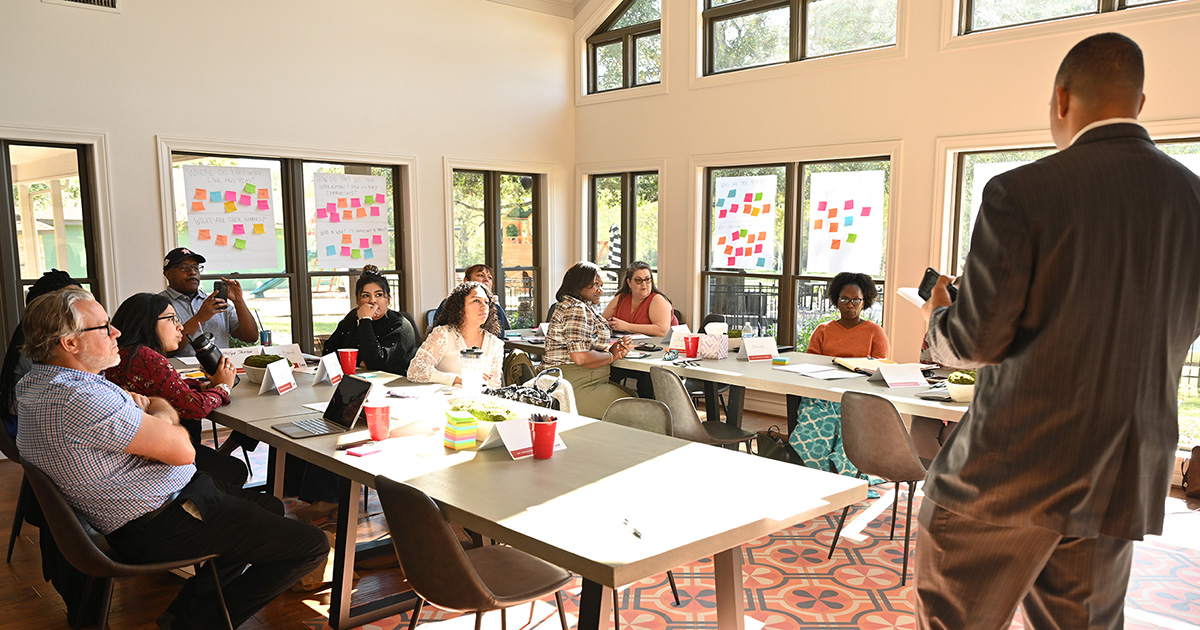Although we often associate the modern celebration of Father’s Day with bad ties, bad jokes, and bad clothes, you might be surprised to know that its origins are in part rooted in concern over children growing up without a father’s guidance. In December 1907, a terrible mine explosion killed 360 men and left about 1,000 children fatherless in Monongah, West Virginia. In its aftermath, an area woman named Grace Golden Clayton, who was concerned about those children growing up without fathers, appealed to her minister to set aside a special day to commemorate fathers as well as honor her own dad, who was also a Methodist preacher. On July 5, 1908, her appeal was answered with a special Father’s Day sermon at Williams Memorial Methodist Episcopal Church, South.
As with many American holidays, it took years for the tradition to catch on around the country, and other similar events certainly helped shape what we now know as Father’s Day. But as we get ready for this year’s Father’s Day, we wanted to take a minute to think about what social scientists have learned by studying the critical role fathers play in the lives of children:
- Although individual fathers are certainly important, there is also power in a community of fathers within a neighborhood. The presence of fathers in low-income neighborhoods is associated with better outcomes for boys of color who live there, including higher employment rates and lower suspension rates—even if the fathers aren’t their own.
- Dads benefit from having a community around them, too. Low-income fathers with larger and more diverse social networks reported receiving more frequent and more types of support than dads with smaller networks.
- However, in-depth interviews of low-income fathers who participated in responsible fatherhood programs found that many lack the support of friends and family, particularly when it comes to helping them carry out their role as fathers. In fact, the average participant reported only 5 core ties to friends and family members, compared with a national average of 23 such ties.
- That’s particularly important, because not only do fathers with larger social networks report more support from friends and family, but fathers with larger social networks also named twice as many organizational sources of support such as public entities, nonprofit groups, religious organizations, or community service agencies as fathers with fewer or no social ties did.
- Participants in responsible fatherhood programs credited these programs with helping them learn skills to be better and more involved parents and providers, and participants found strong and inspiring role models in the program staff, many of whom had overcome similar challenges.
- Strong social networks and the availability of responsible fatherhood programs are likely to be even more important for dads who are involved with the criminal justice system. Although having an incarcerated parent is linked to worse outcomes for children, few programs focus specifically on children with incarcerated fathers, and fathers with a criminal record face additional hurdles in financially supporting themselves and their children.
Even though Grace Golden Clayton raised the alarm in 1908, and anecdotes about the importance of fatherhood involvement have circulated for some time, we’re really just beginning to learn about how important it can be. We know that it is linked to positive child welfare outcomes, including a reduced likelihood of entry into foster care, shorter stints in foster care, and increased rates of reunification. But in many ways we’re only at the outset of understanding how programs designed to engage fathers can improve the outcomes of their children. A project currently underway with the Administration for Children and Families will support child welfare agencies’ efforts to better engage fathers and paternal relatives and to uncover approaches that can improve outcomes.
So this Father’s Day, we’re thinking about Grace Golden Clayton, those 1,000 children in Monongah, the millions more children across the United States today who stand to benefit from having involved fathers, the fathers who want desperately to play a bigger role in their children’s lives, and the programs that are helping them do just that.




